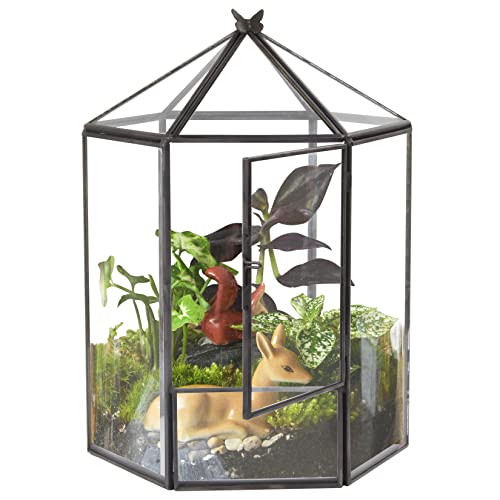Jgod
Well-known member
I think the problem with spotting few of them on walks has more do to with pesticides and cutting back wild growth. I don't know if we could say for sure that the problem is they are unable to sustain themselves because of the region alone. I plan to check out some field areas around my house to see if I can spot any ooths.Jgod and DeShawn,
So the Chinese mantids are being sold here---either they fail to thrive in our area or we should be seeing them, right? Haven't run across one in 48 years in Tacoma---not saying they aren't here though.
But, if friends have found the European mantids here (three minutes from my house) and in Packwood, of all places, how have they gotten here? Up the coast from California? I doubt they got here via the Rocky Mtns and Cascade Mtns. Or by human hands?
So, if I were to find a mantis while walking the dog (I always look but never find) would it be okay to release the Chinese or European mantis here in WA?
I only own six species now that can't be released so I don't want to breed them 'cause what would I do with the ooths? Hey, Jgod, are you close to Tacoma? I'd give them to you. PM me if that's a possibility, okay? I've got a couple females ready to erupt, haha.
The T. sinensis seem to be the only type garden stores are offering as pest control. I don't know how it's decided that these are ok to release while other species are not. I think it may have more to do with them already being naturalized here. Also, since they have one generation a year and maintain their own population (cannibalism) they may be a low risk insect in terms of releasing into the wild. That still makes me wonder about other species like C. California, S. Carolina and M. Religiosa. One of my guesses is that the T. sinensis produce a lot of ooths that go on to hatch lots of nymphs so in the capitalist sense they're a good investment. Lol.
I'm a couple hours south of Tacoma. I appreciate the offer but I have a T. sinensis ooth thats been incubating for 2 weeks so far. I'll be covered in a little nymphs in a few weeks.
Thank you for your reply.












































